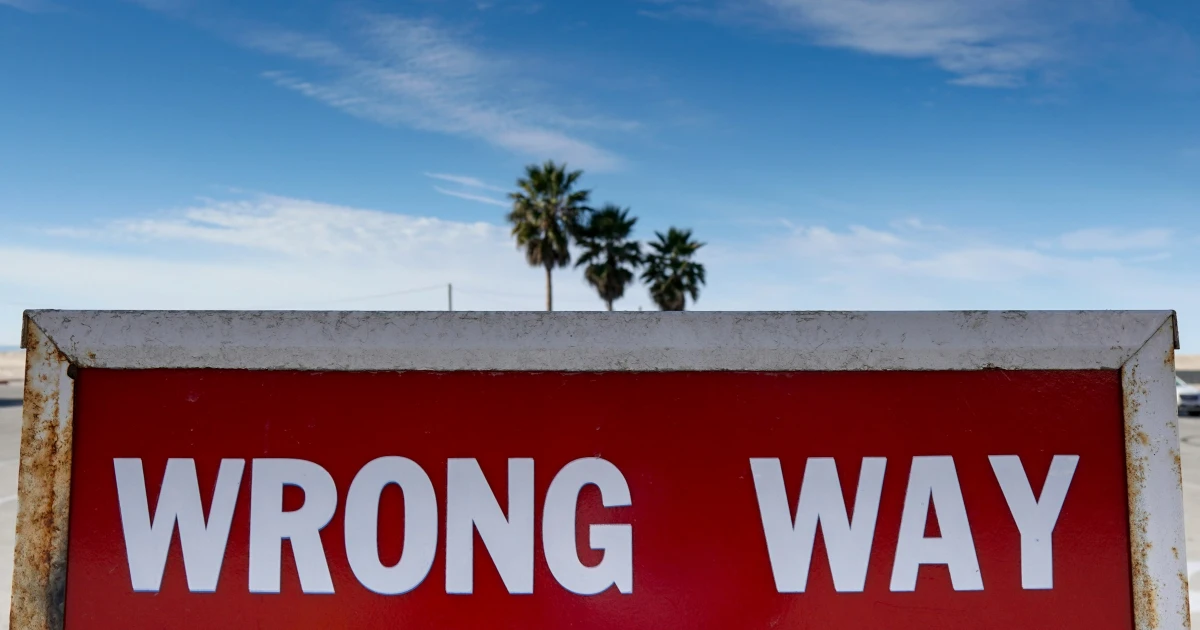And for good reasons! They were viewed as selfish polluters who cared more about money than the world's well-being. And some still are! In fact, businesses still contribute to climate change by releasing greenhouse gases, plundering our natural resources, and participating in all kinds of unsustainable activities.
Yet, things are changing - at least a little bit. Large corporations are beginning to recognize their responsibilities to address climate change. And individuals start to perceive themselves as environmental stewards with the ability to create positive change. So, they’re rising to the occasion in essential ways.
Consider the big retailer Walmart. It’s one of the world’s largest corporations! Because it’s an American company - that’s huge. So, the modus operandi of retailers entice possible challenges to the environment. But Walmart sensed the damage it was bringing to the world early on. They started investing in renewable energy in 2005! And by 2035, they want to employ renewable energy in 100% of their operations. It’s an audacious goal - but one that Walmart is working hard to achieve. Fingers crossed for them.
Another great example is Patagonia. The clothing brand has always been a corporation with a conscience, but in recent years, it stepped its game up, sustainability-wise. For once, they aim to become all carbon neutral by 2025 - and it’s investing in renewable energy and regenerative agriculture. Nevertheless, Patagonia’s dedication to sustainability extends beyond decreasing its effect on the environment, because they’re also campaigning for governmental reforms that will have a larger impact on climate change.
And that’s not all! Patagonia’s founder, Yvon Chouinard has given the company away in 2022. What does this mean? The profits will be used to fight climate change!
So, these measures may take various shapes - from lowering emissions to investing in renewable energy and even implementing circular business models that reduce waste and encourage reuse.
But what’s an example of a corporate sustainability program? IKEA, of course. The Swedish giant promises to become climate-positive by 2030. Therefore, IKEA intends to eliminate more greenhouse emissions than it’s doing at present, making it a net positive contribution to climate change mitigation. To reach this objective, IKEA is investing in renewable energy and even redesigning its shops to be more efficient! Their products are also getting more and more sustainable. And you can find if a product is sustainable by analyzing the tag in the store.
And we have to talk about Coca-Cola’s “World Without Waste” initiative. Here again, the deadline is 2030. But this time, Coca-Cola aims to collect and recycle the equivalent of every bottle or can sold by Coca-Cola worldwide. It’s an exciting goal - and Coca-Cola’s doing everything to able to reach it. For instance, the giant is investing in new recycling technologies and infrastructures, as well as striving to minimize the quantity of plastic used in its packaging.
But corporate sustainability is about more than merely decreasing environmental impact. It can also make a difference in communities and people’s lives. And it’s as important! Look at the French cosmetics business L’Oreal. They have a sustainability effort called “Sharing Beauty With Everyone”. Through this program, they strive to make their products more environmentally friendly while enhancing the lives of people who live in the area where the company is present.
Some of the company’s goals include improving the environmental and social performance of its suppliers and reducing the brand’s carbon footprint.
These efforts are so important because they make L'Oreal a more attractive company for consumers who are increasingly aware of the environmental impacts of their purchases and for those who want to support companies that are actively trying to decrease their environmental impact.
Additionally, by improving the lives of the people in the areas where they are present, the company can develop better relationships with the local community, creating more positive brand recognition.
















